Quiz of the week 13-19 June
Test your recollection of the events of the last seven days with MoneyWeek's Quiz of the Week.

Get the latest financial news, insights and expert analysis from our award-winning MoneyWeek team, to help you understand what really matters when it comes to your finances.
You are now subscribed
Your newsletter sign-up was successful
Want to add more newsletters?

Twice daily
MoneyWeek
Get the latest financial news, insights and expert analysis from our award-winning MoneyWeek team, to help you understand what really matters when it comes to your finances.

Four times a week
Look After My Bills
Sign up to our free money-saving newsletter, filled with the latest news and expert advice to help you find the best tips and deals for managing your bills. Start saving today!
1. The “frugal four” EU member states are leading the opposition against Germany’s recovery plan, which would see the bloc hand out €500bn in grants to the countries most severely hit by the pandemic. They are calling for a “realistic level of spending” instead. Who are the frugal four?
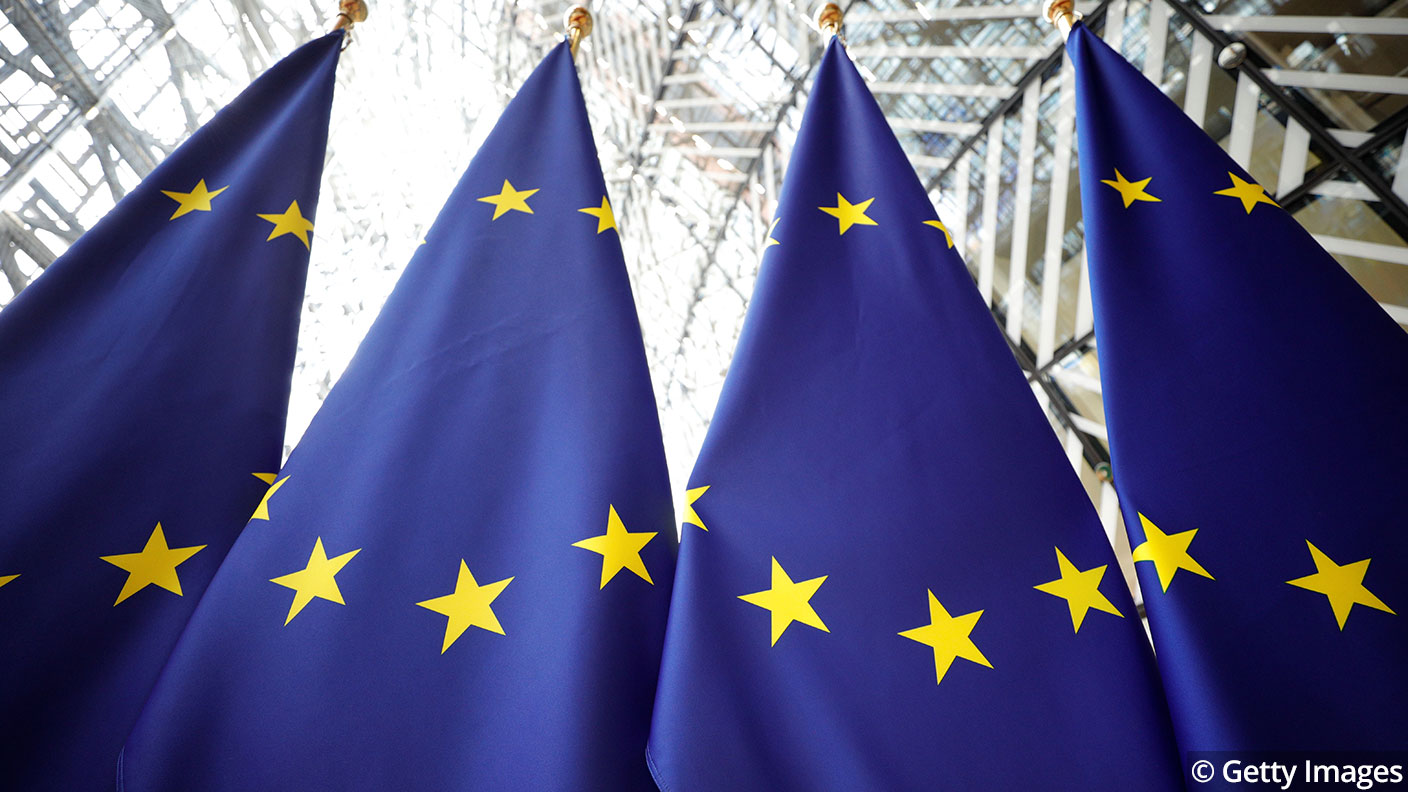
a. The Netherlands, Austria, Denmark, and Sweden
b. The Netherlands, Norway, Sweden, and Finland
MoneyWeek
Subscribe to MoneyWeek today and get your first six magazine issues absolutely FREE

Sign up to Money Morning
Don't miss the latest investment and personal finances news, market analysis, plus money-saving tips with our free twice-daily newsletter
Don't miss the latest investment and personal finances news, market analysis, plus money-saving tips with our free twice-daily newsletter
c. Sweden, Norway, Finland, and Denmark
d. Romania, Ukraine, Poland and Austria
2. How much have banks borrowed from the European Central Bank at a negative interest rate?
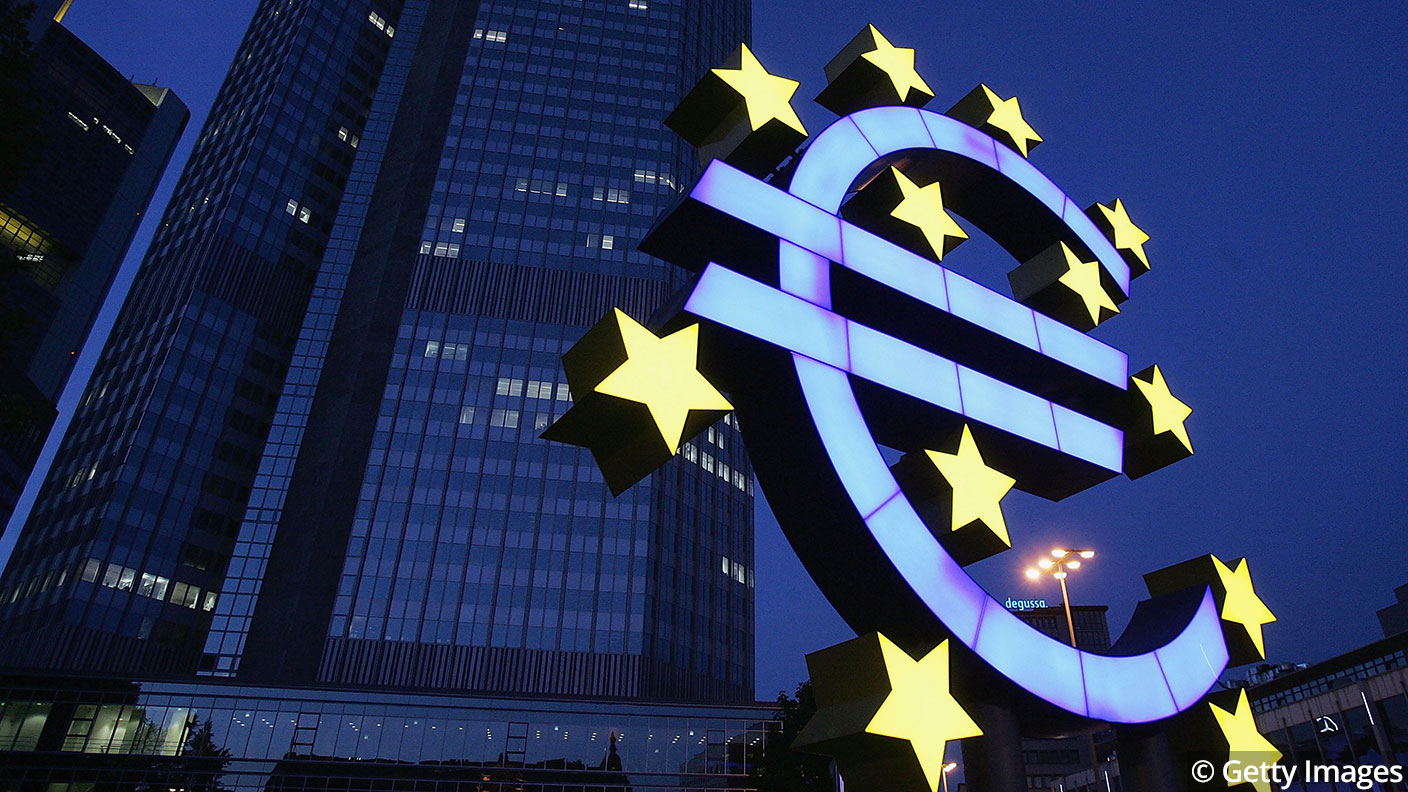
a. €1.3bn
b. €1.3trn
d. €100.3bn
c. €13.3trn
3. What country is facing a coin shortage due to the coronavirus pandemic?
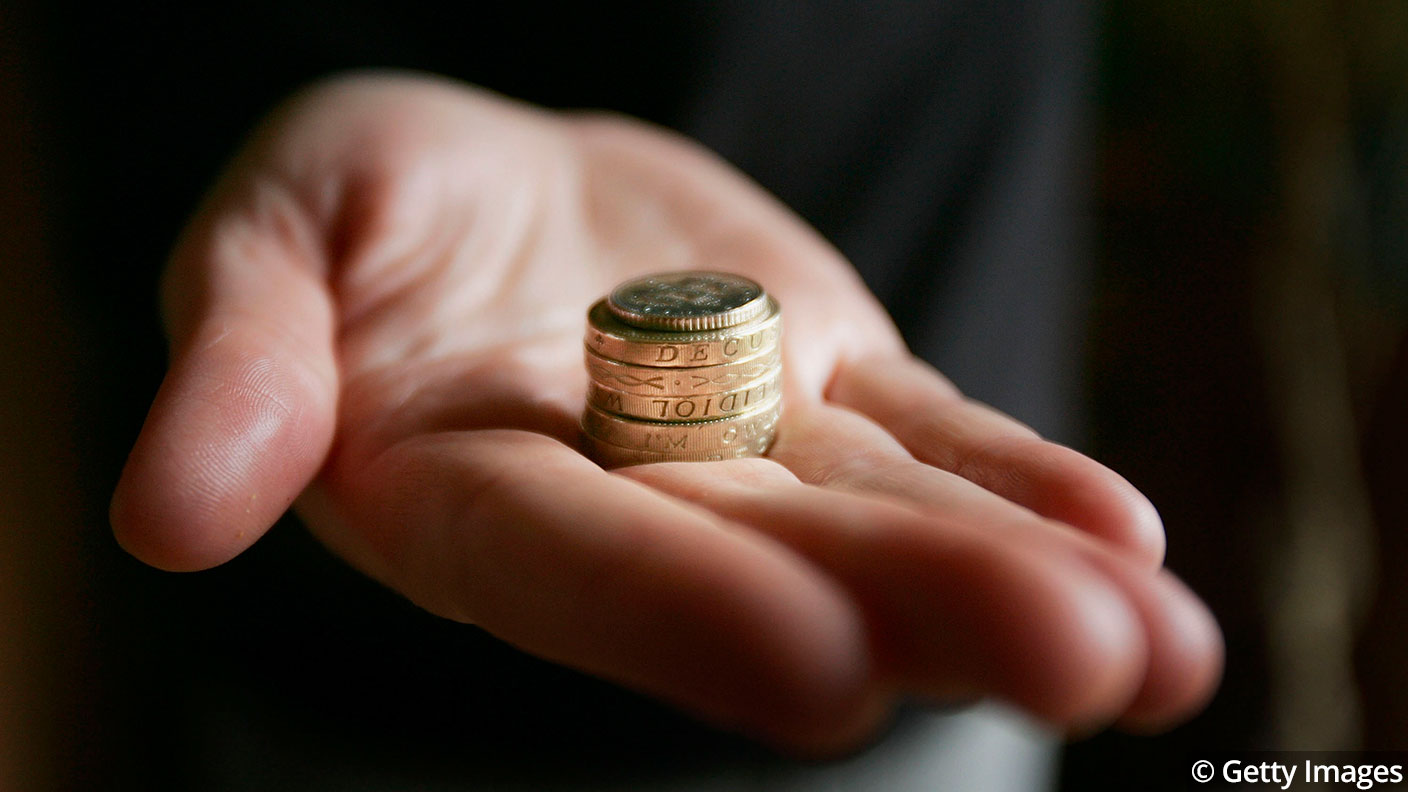
a. Mexico
b. Canada
c. US
d. Brazil
4. By how much is the Australian minimum wage increasing?
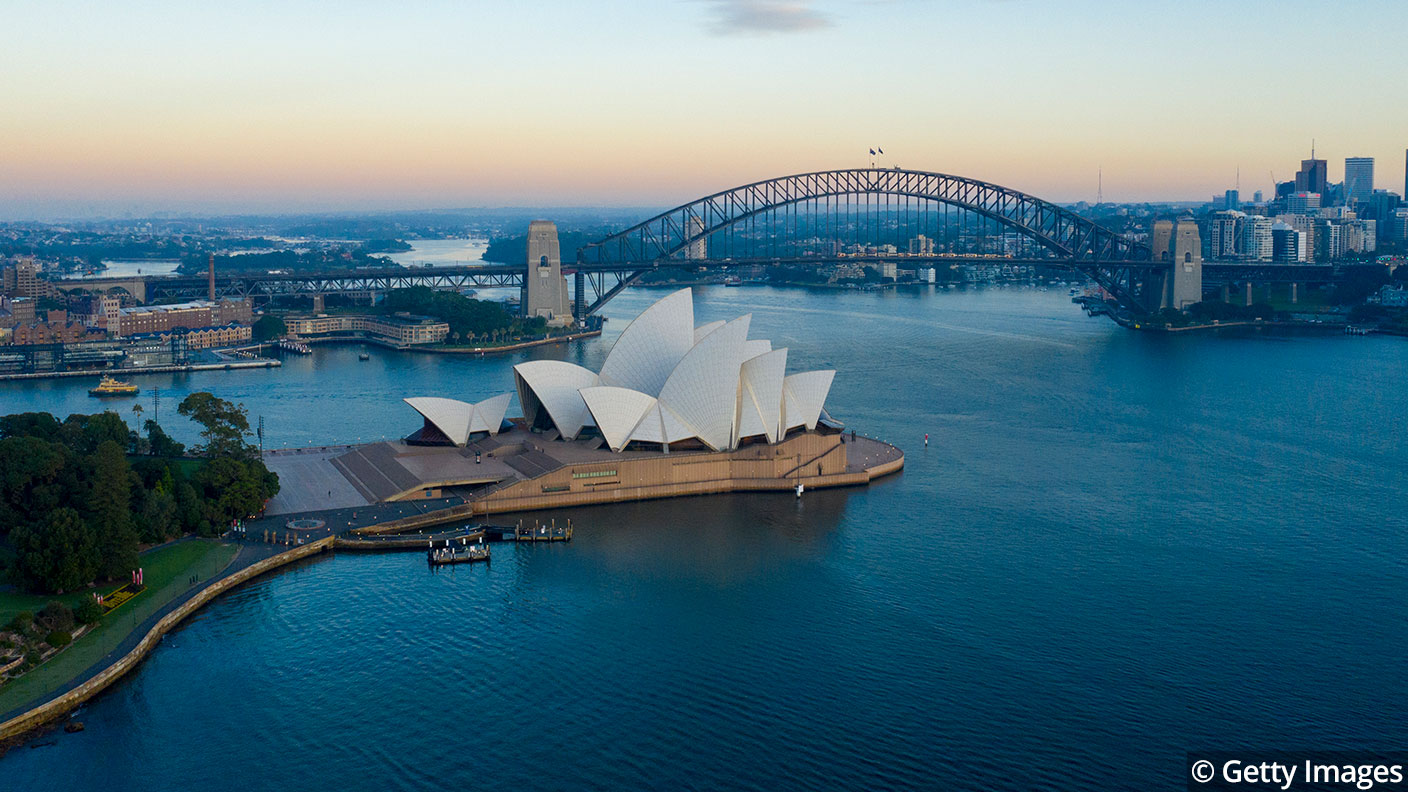
a. $13 an hour
b. $13 a day
c. $13 a month
d. $13 a week
5. UK government debt rose above 100% of GDP in may for the first time since when?
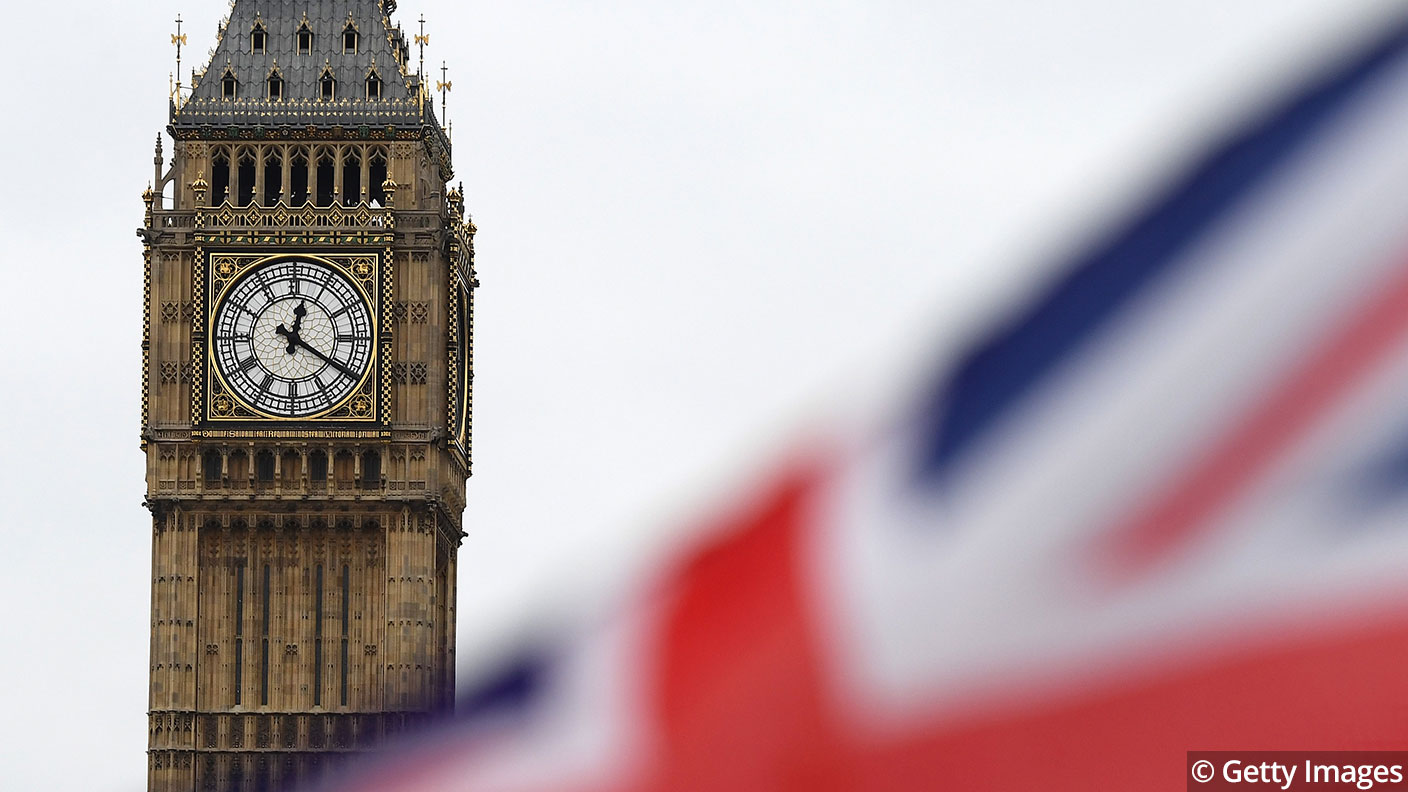
a. 1953
b. 1949
c. 1963
d. 1972
6. Which country reported that although its economy remained in an “extremely severe situation” due to the coronavirus pandemic, it had “almost stopped worsening”?
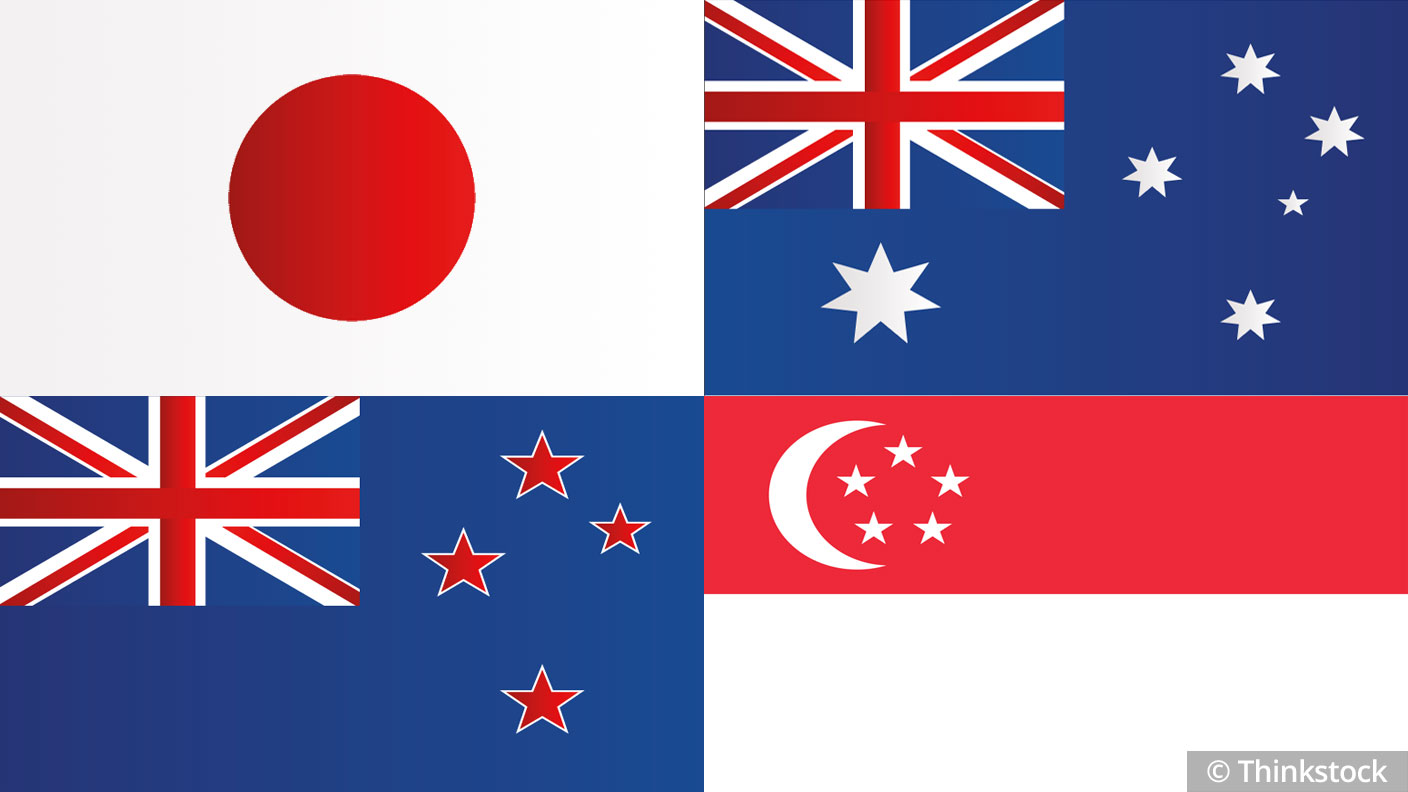
a. Japan
b. Australia
c. New Zealand
d. Singapore
7. Which Chinese city could be facing a full lockdown after a cluster of 158 new cases of coronavirus threatens to turn into a second wave?

a. Wuhan
b. Beijing
c. Shanghai
d. Guangzhou
8. How much did cruise holiday company Carnival lose in three months due to the coronavirus pandemic?
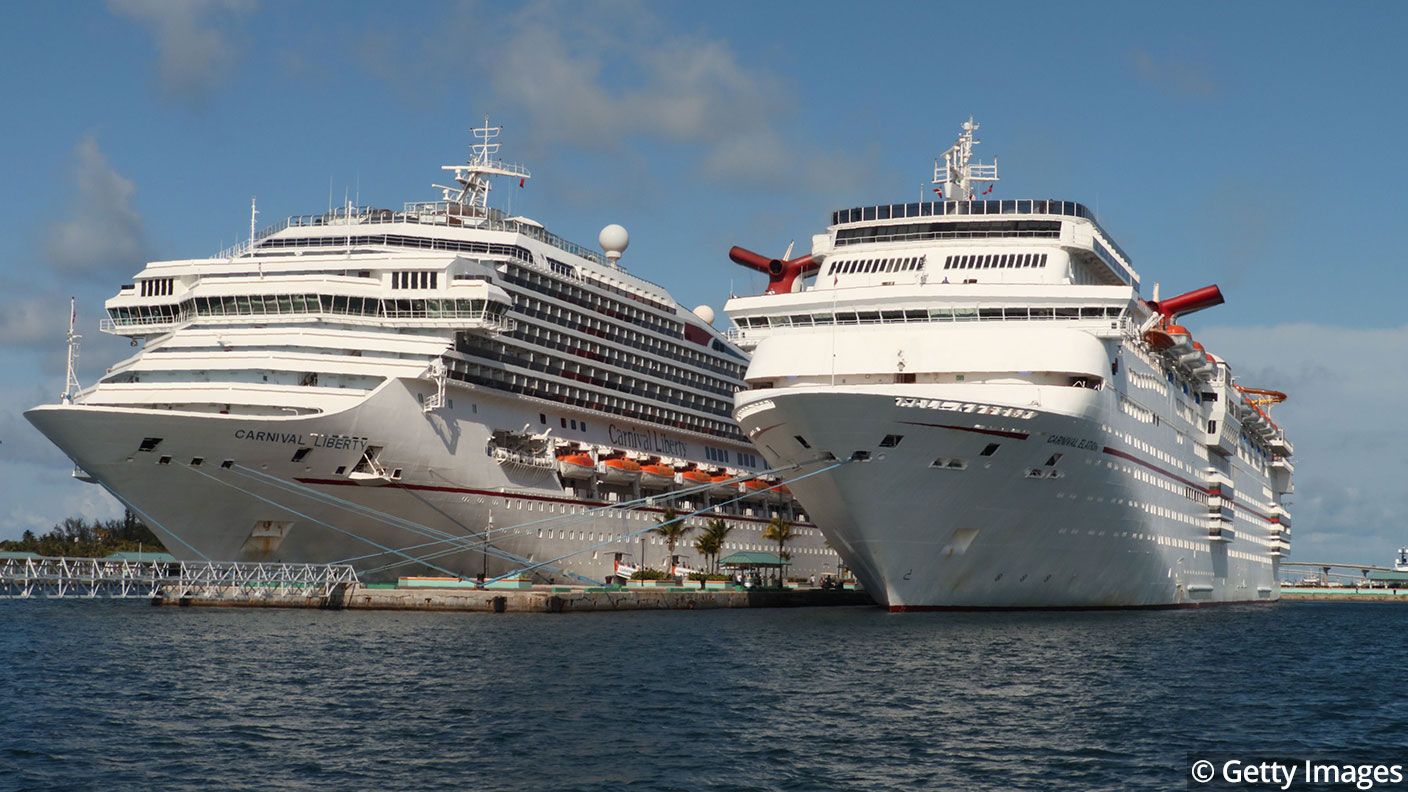
a. $2.2bn
b. $8.4bn
c. $4.4bn
d. $5.6bn
9. Which European country’s economy fell 34% in the first two weeks of a strict coronavirus lockdown?
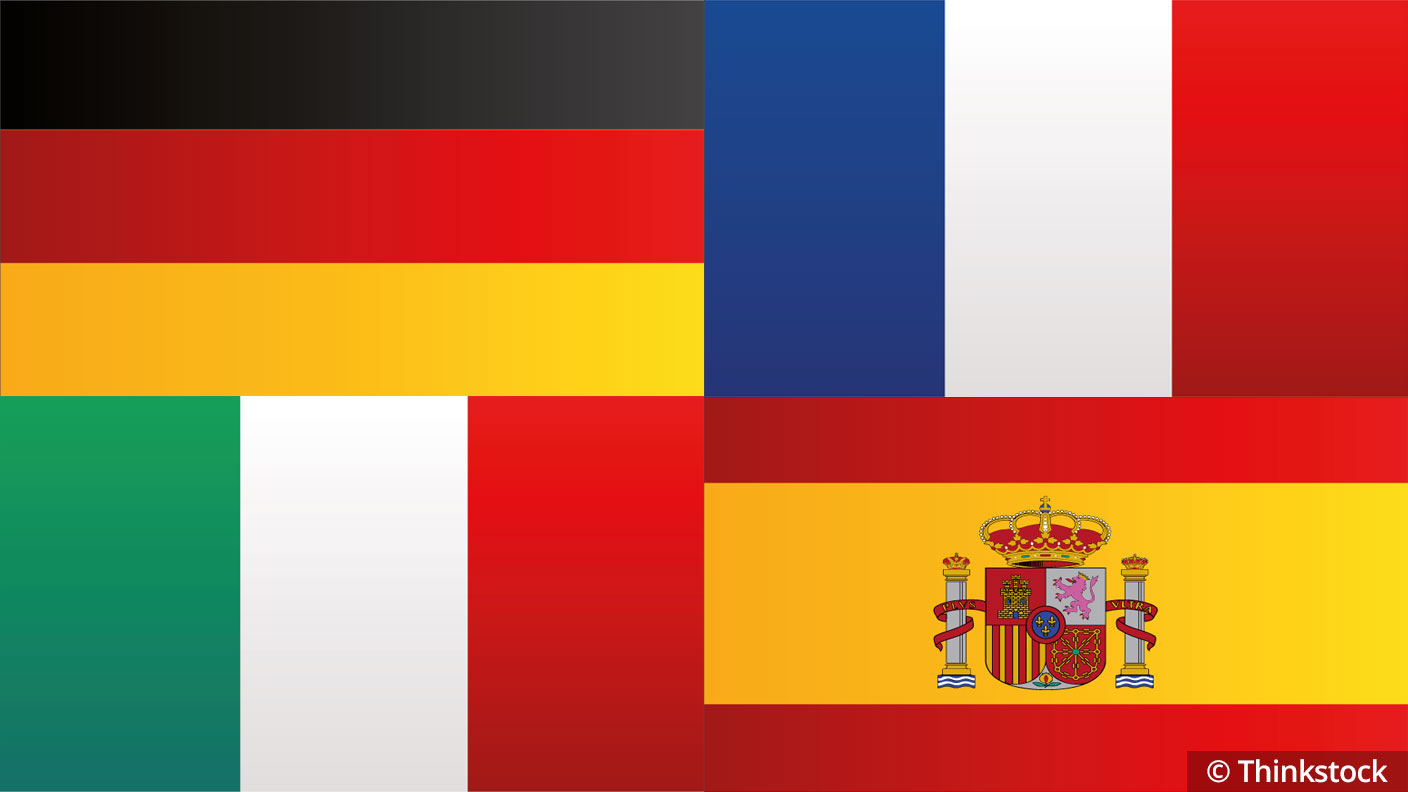
a. Germany
b. France
c. Italy
d. Spain
10. Coronavirus is worsening Britain’s racial wealth gap. How much money do black African households have per every £1 that a white household has?
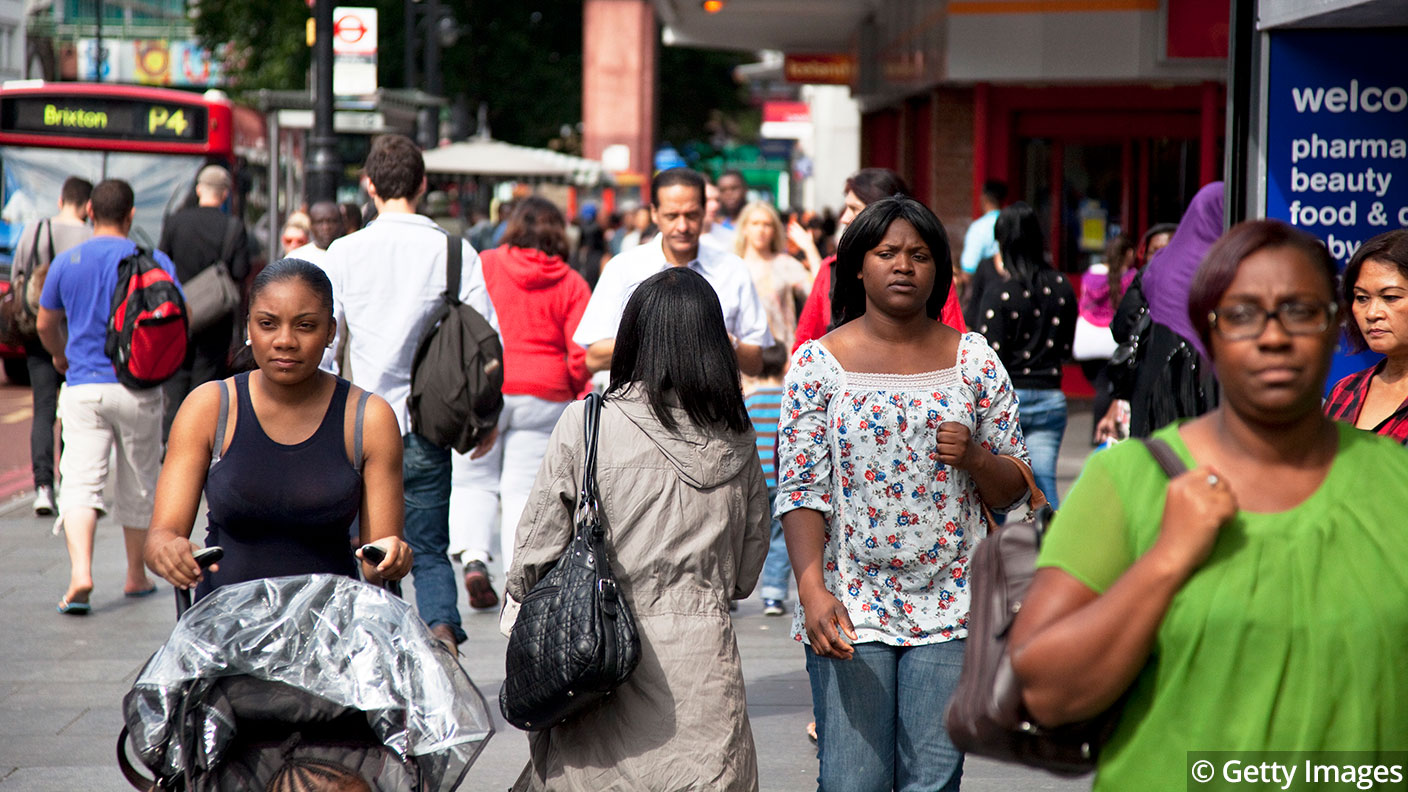
a. 75p
b. 10p
c. 50p
d. 25p
Answers
1) a. The Netherlands, Austria, Denmark, and Sweden. Led by Dutch prime minister Mark Rutte, the frugal four, The Netherlands, Austria, Denmark and Sweden, could soon be joined by Baltic countries and eastern member states in voicing their criticism at parts of the recovery fund, says Mehreen Khan in the Financial Times
2) b. €1.3trn. The ECB said 742 banks had applied to borrow €1.31trn under its main loan scheme, which will lend them money over three years at rates as low as -1%.
3) c. US. The US has linked its coin shortage to “the broader fate of the economy” as consumers and businesses navigate the pandemic. The central bank said it’s working to fix the situation, says Michael S Derby in The Wall Street Journal.
4) d. $13 a week. Australia's Fair Work Commission ordered a $13 a week increase in the national minimum wage, making it $753.80 a week or $19.84 an hour.
5) c. 1963. “The 21 percentage point increase in debt over the last year means Britain owes more as a share of the economy than at any time since Harold Macmillan was prime minister, the Profumo scandal gripped the nation and The Beatles released their first album,” says David Goodman on Bloomberg.
6) a. Japan. Japan’s government raised its economic assessment for the first time since 2018 in June as the harm caused by the coronavirus had nearly come to an end, says Kaori kaneko on Reuters. The country is expected to suffer its worst postwar slump this quarter.
7) b. Beijing.
8) c. $4.4bn. Revenues dropped to $700m from $4.8bn from the March-May period in 2019 as the cruise company’s business was all but sunk by the pandemic, says Gwyn Topham in The Guardian. The group plans to sell six cruise ships.
9) d. Spain. There was a 34% fall in output between March 16 and 31 compared to the eurozone average of 21%, says El Pais
10) b. 10p. The average white British household has around £282,000 in wealth, including property, according to the Office for National Statistics. Black African households in Britain have just £23,800. Just one in five black African households owns their own home, says Marianna Hunt in the Daily Telegraph, compared to more than 68% of white British households
Get the latest financial news, insights and expert analysis from our award-winning MoneyWeek team, to help you understand what really matters when it comes to your finances.
Nic studied for a BA in journalism at Cardiff University, and has an MA in magazine journalism from City University. She has previously worked for MoneyWeek.
-
 Should you buy an active ETF?
Should you buy an active ETF?ETFs are often mischaracterised as passive products, but they can be a convenient way to add active management to your portfolio
-
 Power up your pension before 5 April – easy ways to save before the tax year end
Power up your pension before 5 April – easy ways to save before the tax year endWith the end of the tax year looming, pension savers currently have a window to review and maximise what’s going into their retirement funds – we look at how
-
 What's behind the big shift in Japanese government bonds?
What's behind the big shift in Japanese government bonds?Rising long-term Japanese government bond yields point to growing nervousness about the future – and not just inflation
-
 UK wages grow at a record pace
UK wages grow at a record paceThe latest UK wages data will add pressure on the BoE to push interest rates even higher.
-
 Trapped in a time of zombie government
Trapped in a time of zombie governmentIt’s not just companies that are eking out an existence, says Max King. The state is in the twilight zone too.
-
 America is in deep denial over debt
America is in deep denial over debtThe downgrade in America’s credit rating was much criticised by the US government, says Alex Rankine. But was it a long time coming?
-
 UK economy avoids stagnation with surprise growth
UK economy avoids stagnation with surprise growthGross domestic product increased by 0.2% in the second quarter and by 0.5% in June
-
 Bank of England raises interest rates to 5.25%
Bank of England raises interest rates to 5.25%The Bank has hiked rates from 5% to 5.25%, marking the 14th increase in a row. We explain what it means for savers and homeowners - and whether more rate rises are on the horizon
-
 UK inflation remains at 8.7% ‒ what it means for your money
UK inflation remains at 8.7% ‒ what it means for your moneyInflation was unmoved at 8.7% in the 12 months to May. What does this ‘sticky’ rate of inflation mean for your money?
-
 Would a food price cap actually work?
Would a food price cap actually work?Analysis The government is discussing plans to cap the prices of essentials. But could this intervention do more harm than good?
